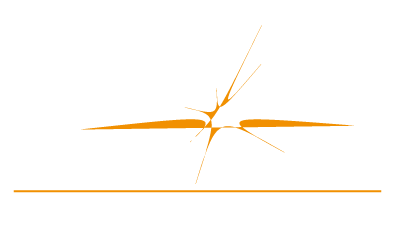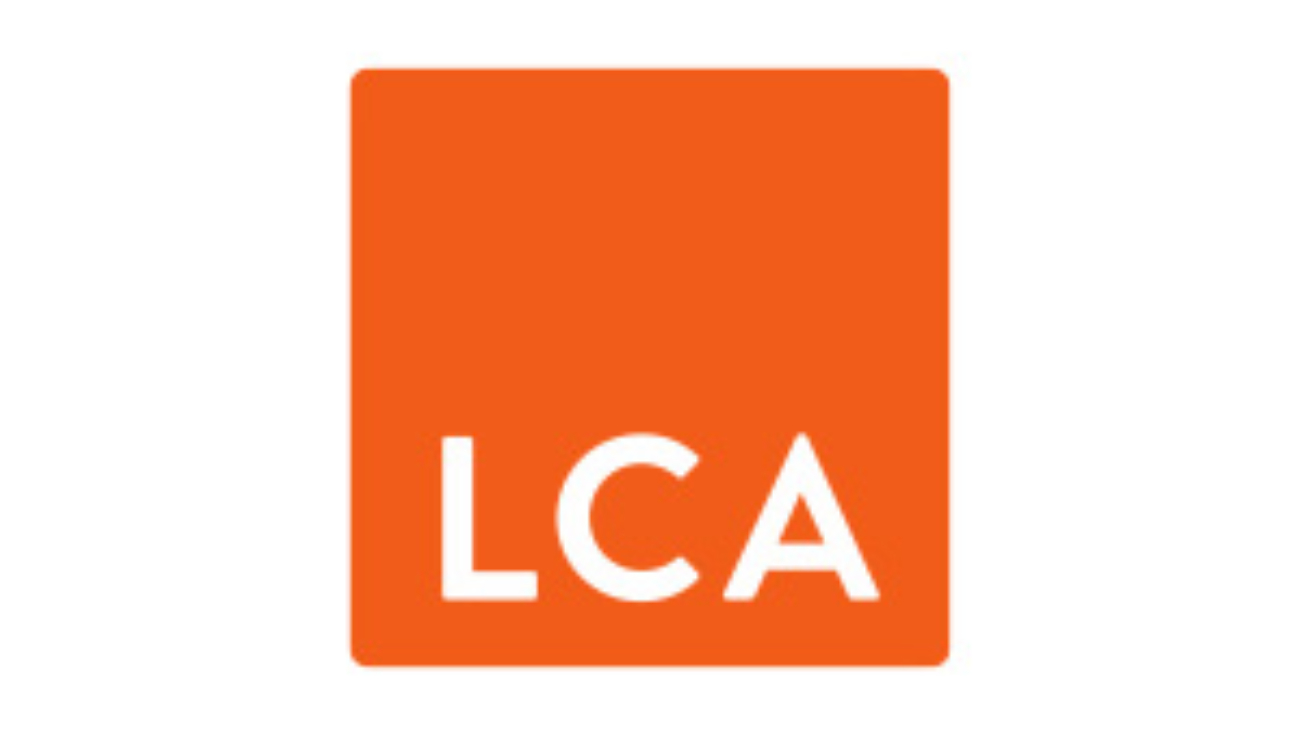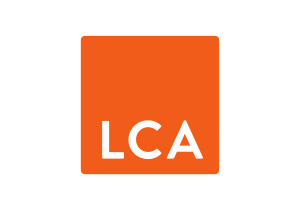The Customs Agency, with the circular of December 14th, 2021, no. 40 provided that operators not established in the European Union can import using only a customs representative acting in indirect representation.
Tax representatives for VAT purposes, therefore, can no longer legitimately submit customs declarations, nor can customs borkers operate in direct representation.
In fact, the declarant, pursuant to article 170, par. 2, UCC shall be established in the customs territory of the Union.
On this issue, the European Commission, in an answer relating to procedural issues concerning the “Brexit”, specified that if the operator is not established in an EU Member State, he can still obtain an EORI number from the EU Member State in which he carries out customs formalities for the first time. For the presentation
of an import customs declaration, however, it is necessary to be established in the EU, with the consequent obligation to appoint a representative who can carry out customs operations on behalf of the non-EU operator.
Following this conclusion, the Customs Agency, with circular no. 40/2021, stated that a non-established subject, lacking the requirement connected to the establishment in the Union territory, cannot submit a customs declaration autonomously, necessarily having to make use of the work of a customs representative in possession of this requirement.
The non-EU entity must, therefore, use the indirect representation: in this case, in fact, the customs representative, acting in his own name, has the requirement of establishment in the European Union.
The importer, even if not established, must, in any case, be identified for customs purposes, by assigning an EORI number to which the VAT number of the tax representative appointed in the Member State in which
he carries out customs operations must be linked.
Consequently, the tax representative, therefore, is not entitled to submit the customs declaration on behalf of a non-established person, but his VAT number must appear in field 44 of the customs declaration.
In other words, the non-EU subject can submit the customs declaration, but only using “a customs representative established in the EU (Article 18 UCC) who acts in the manner of indirect representation, thus assuming the role of declarant”.
Thus, the customs broker is required to act as indirect representation, and, consequently, to assume joint and several liability with the foreign importer in the event of disputes by the Office regarding the elements of the customs debt (classification, value, origin of imported goods).
It is therefore appropriate that the customs brokers who will operate in indirect representation of non-EU entities proceed with a careful review of the mandate, in order to provide specific clauses to protect the declarant, taxpayer even though he is not the owner of the goods.
Avv. Lorenzo Ugolini










